COVID-19: 4 Things You Must Know About Disinfecting
The novel Coronavirus has affected 128 countries so far with most of them going under complete lockdown to protect its citizens and to stop the virus from spreading any further. Though the virus is not airborne, it quickly contaminates clothes, hands, the floor and ‘high touch’ surfaces. Anyone who touches these surfaces without precaution can easily fall prey and then further spread the virus to others. Therefore, the best way to tackle this pandemic is staying home. While most hotels and motels have shut down to fight COVID-19, it is also important to sterilize the hotel rooms before and after use.
Now, here are a few things you must keep in mind before setting out to disinfect your hotel rooms:
01.
According to the Centers for Disease Control website, cleaning means removal of germs, dirt, impurities from surfaces. Cleaning does not kill germs, but by removing them, it lowers their numbers and the risk of spreading infection. Disinfecting on the other hand, refers to using chemicals to kill germs This process does not necessarily clean dirty surfaces or remove germs, but by killing germs on a surface after cleaning, it can further lower the risk of spreading infection.
If surfaces are dirty, they should be cleaned first using detergent or soap and water and then disinfected with an appropriate solution.
02.
It is very important that you work under the assumption that all your guests are potential coronavirus carriers. It is well established that the novel coronavirus is present in the clothing of the infected person. This means that you will need to be very cautious while doing the laundry of any fabric that the guest might have touched – from tablecloth to bedsheet. Here are some important pointers you need to keep in mind in this regard –
- Do NOT shake the dirty laundry. This will minimize the possibility of dispersing virus through the air.
- Launder items using the warmest appropriate water setting and dry them completely. Dirty laundry from an ill person can be washed with other people’s items.
03.
High-touch surfaces are spots that are frequently touched. For example, doorknobs, table surfaces, chairs (seat, back and arms), bathroom counters, faucets and faucet knobs, toilets (seat and handle), light switches and remote controls.
According to researchers at the National Institutes of Health, Princeton, and the University of California, Los Angeles, lasted on different surfaces for different durations. The researchers exposed various materials to the virus in the lab. They found that it remained virulent on surfaces for a lengthy period: from up to 24 hours on cardboard to up to two or three days on plastic and stainless steel. It also remained viable in aerosols—attached to particles that stay aloft in the air—for up to three hours.
04.
Ensure you only use disinfectants that meet the EPA standards against SARS-CoV-2 or the novel coronavirus that causes the disease called COVID-19. The EPA has issued a list of disinfectants that are effective. When purchasing a product, check if its EPA registration number is included on the list. If it is, you have a match and the product can be used against SARS-CoV-2. Here is a link to the list.
https://www.epa.gov/pesticide-registration/list-n-disinfectants-coronavirus-covid-19
AGH Hospitality
Your hotel-motel supply commitment is duly noted by the guests that choose your operation. Although you can be swept away in the bigger concerns, investing in new towels is actually a sustainable investment in returning patrons, which makes it worth it in the end. See for yourself.
 To become a distributor
To become a distributor
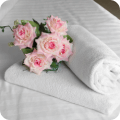
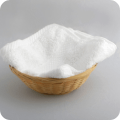
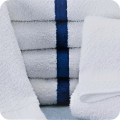


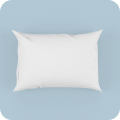
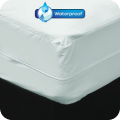
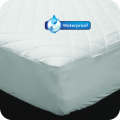
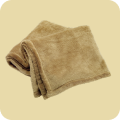
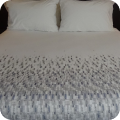
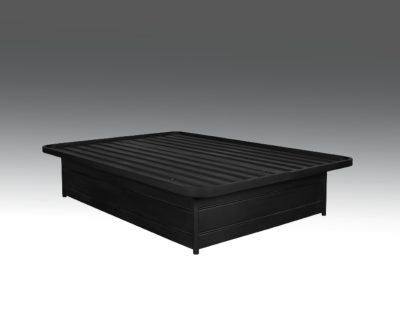
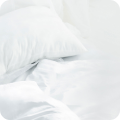
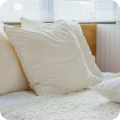
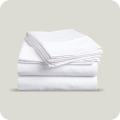
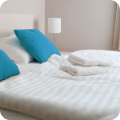

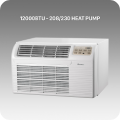
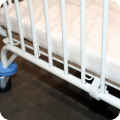


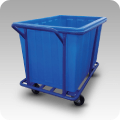
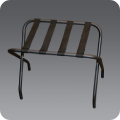
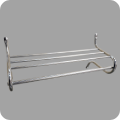
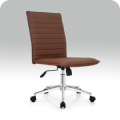
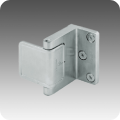
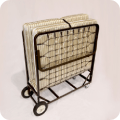
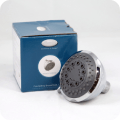

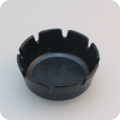
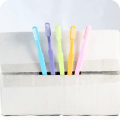


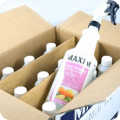
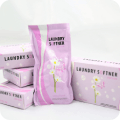
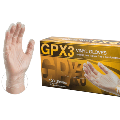
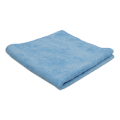
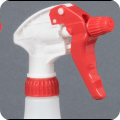
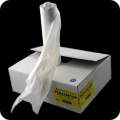
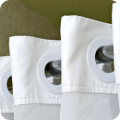
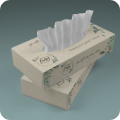

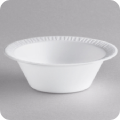
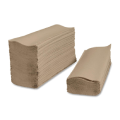
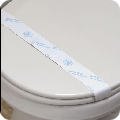
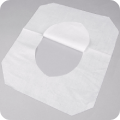

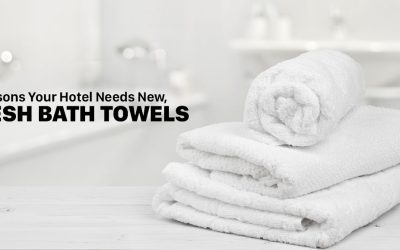
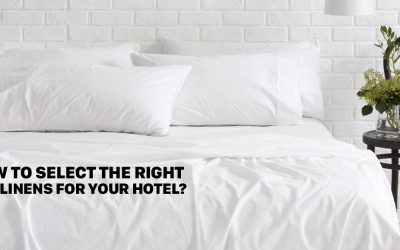
Leave a Reply